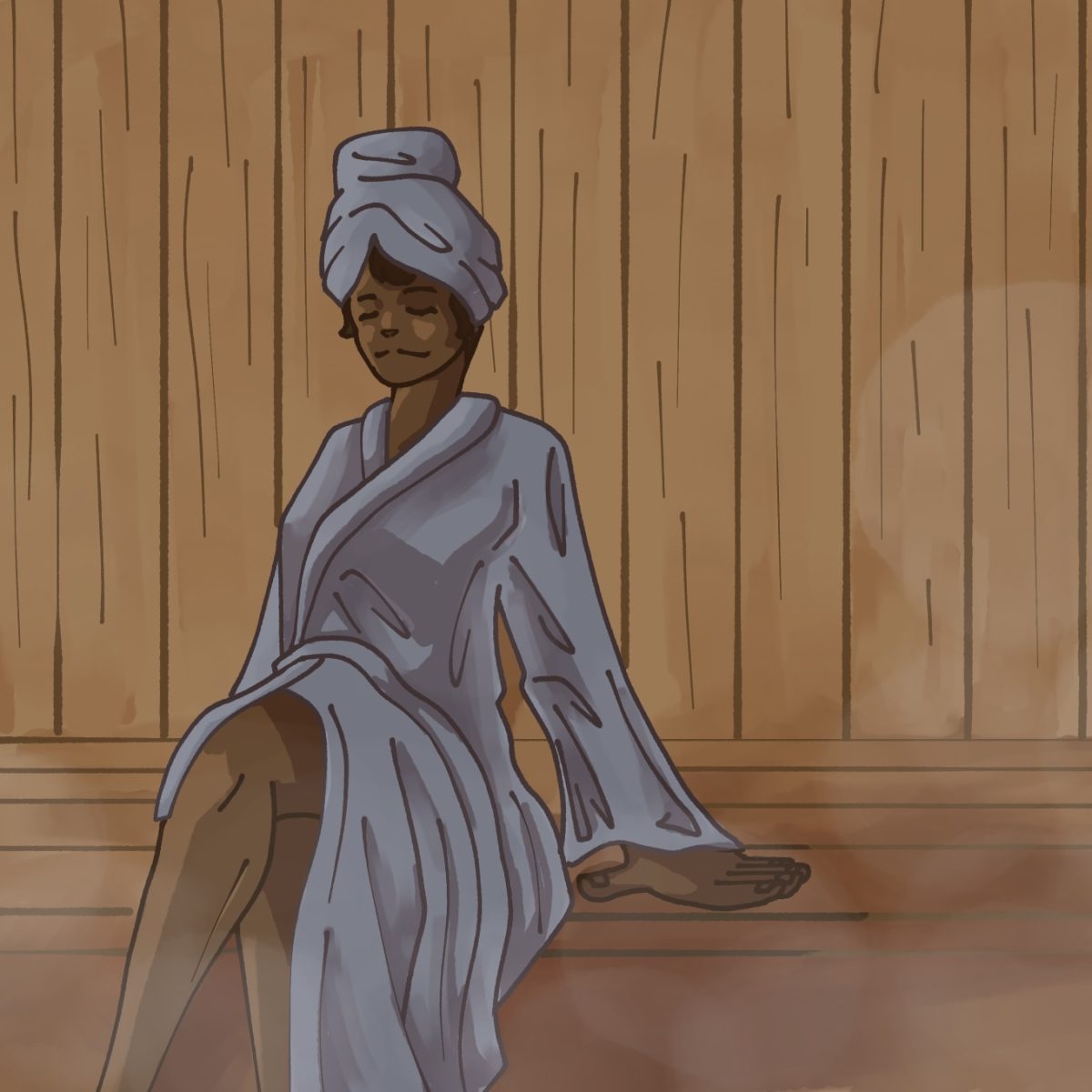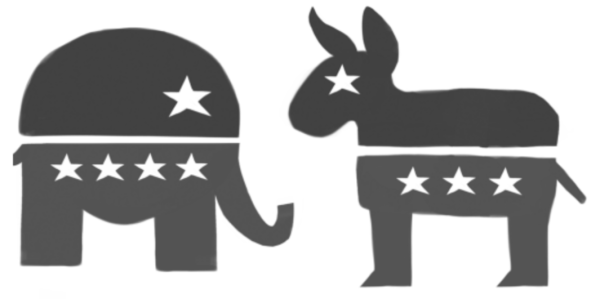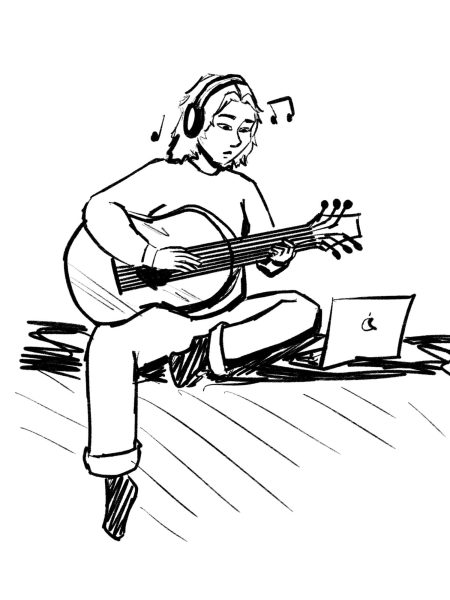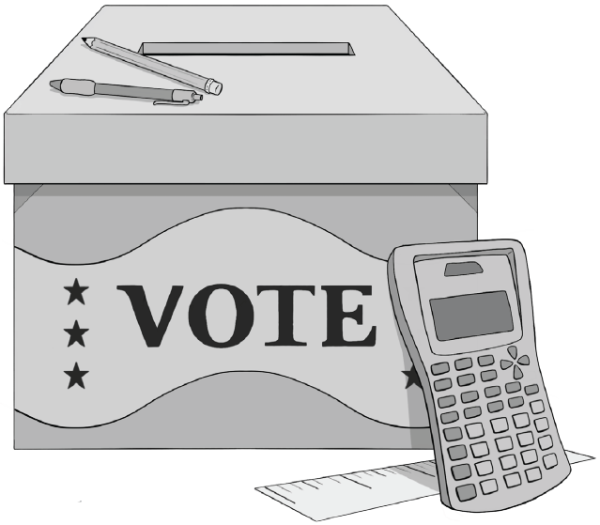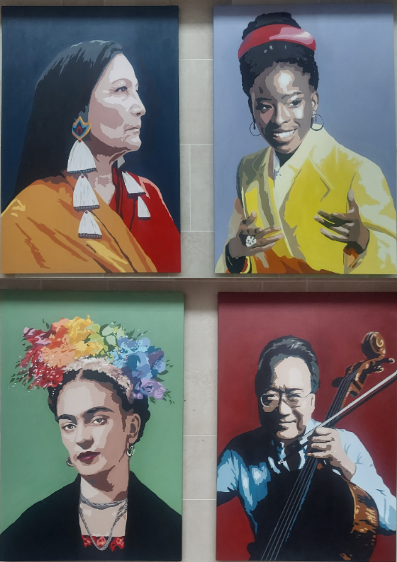Salvation Army: Progress or Publicity?
December 19, 2014
We’ve all heard it before: the slow clanging of bells outside of a Cub Foods or the Ridgedale Mall. The Salvation Army has become just as synonymous with the holiday season as light displays and retail markdowns, but despite its positive association with the benevolent spirit of the season, the Salvation Army has held a less than positive image within the LGBT community. To address this, in the past year the Salvation Army has sought to rebrand its image. Activists allege that the red kettle threatened to close New York soup kitchens over legislation that forced them to provide healthcare benefits for employees in 2012. In addition, there are countless personal accounts of LGBT people who have gone to the Salvation Army seeking assistance only for it to be offered conditionally, including reports of gay couples being forced to renounce their relationship and transgender individuals being housed with their birth gender. Deeply rooted in Christian values since its founding in 1852 with the goal of providing assistance for the poor and needy, LGBT issues were not something that took a central role in its policy making or public image. In response to the LGBT community’s backlash, the Salvation Army has recently sought to rebrand their image and become more LGBT friendly. Starting last year, the Salvation Army’s website states that they are committed to serving all “regardless of race, gender, ethnicity or sexual orientation.”
This explicit, official declaration would appear to indicate that the Salvation Army is modernizing. Yet, as recently as May, transgender woman Jodielynn Wiley reported that she was discriminated against by a two-year housing program run by the Salvation Army in Dallas, the same city that Jennifer Gale, another trans woman, was found dead in outside a Salvation Army shelter walkway after being turned away the night before in 2010. Furthermore, no statement has been released by the charity apologizing for any of its well-documented past miss-steps, leaving the impression that they wish to sweep their homophobia and transphobia under the rug. Considering how vast the Salvation Army is, implementing policy change is certainly a long and harrowing task. Furthermore, an organization that has tremendous capacity to do good, be vindicated at large for the abhorrent actions that take place in some areas. Ultimately, the Salvation Army’s talk of acceptance is a step in the right direction but carrying out justice takes more than updating your webpage.


